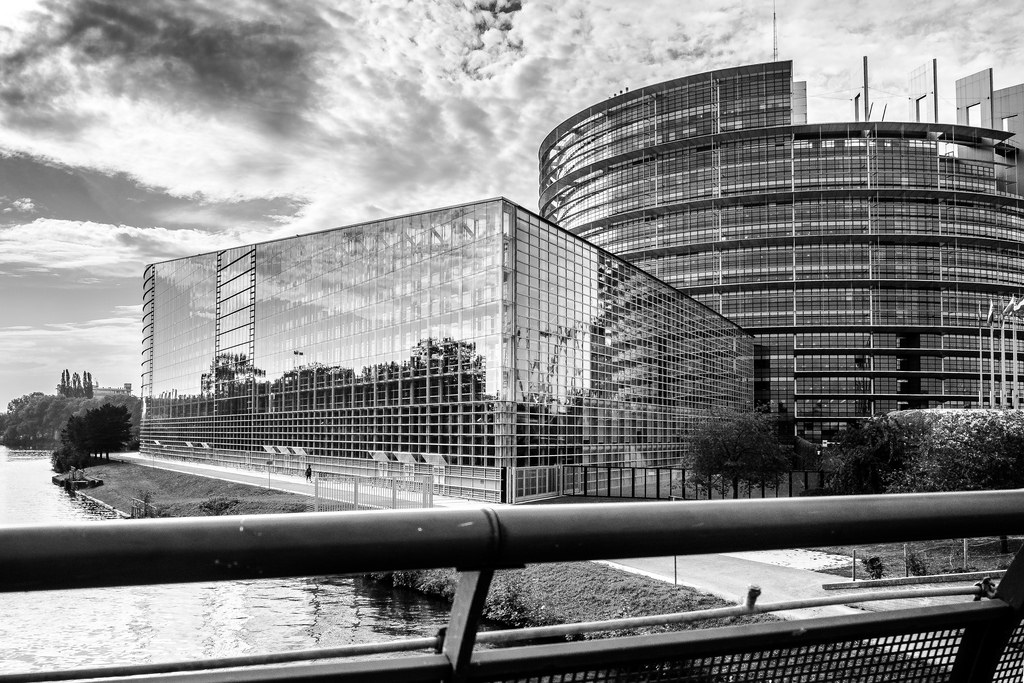Europe and the Wilson legacy
This article is the third in a series of pieces on the life and legacy of Harold Wilson published in celebration of the centenary of his birth, 11 March 1916. Click here for the first article in the feature: Reappraising Harold...
This article is the third in a series of pieces on the life and legacy of Harold Wilson published in celebration of the centenary of his birth, 11 March 1916.
Click here for the first article in the feature: Reappraising Harold Wilson
Click here for the second article in the feature: Harold Wilson: a personal reflection
Click here for the fourth article in the feature: The two Wilsons
Click here for the fifth article in the feature: Wilson’s white heat
I was 12 years old and living in Coventry, under the shadow of deindustrialisation, when Britain last went to the ballot box over our membership of the European Union. I remember a copy of Britain’s New Deal in Europe on the hall table, with the words of Harold Wilson, ‘Her Majesty’s Government have decided to recommend to the British people to vote for staying in the Community’ bold across the cover. I did not truly understand what that meant at the time, nor what it would come to mean.
Now, some years later, we face that decision again – another referendum on Britain’s continued membership of the European Union.
But this time it is a different choice. We now live in a world that would be largely unrecognisable to voters in that 1975 election. And we are being asked about our support for a wholly different set of ideals: what was once a decision about business and markets is now about the social chapter and about international regulations and standards.
Representing much of the same constituency and many of the same people as Wilson, I absolutely believe, just as he did in 1975, that Britain is better off in Europe today. It brings us jobs, growth, environmental protections, investment and protects British workers and consumers alike. Leaving would put all of these at risk and diminish Britain’s influence in the world.
One of the first things that the Labour government did in 1997 was to abolish the opt-out on Europe’s social chapter. I am incredibly proud of that and that the Labour party is now united over the value the EU has had to increased standards of workers’ rights.
EU laws mean that British workers have the right to minimum paid leave, there are rights for agency workers, paid maternity and paternity leave, equal pay, anti-discrimination laws and there is protection for our workforces when companies change ownership. I will be fighting to remain in the EU to protect these rights, rights I have no confidence that the Tory government would maintain.
Trade was a major issue in 1975, and remains so today. Almost half of our exports, worth £227bn to the UK economy last year, go to EU countries. We receive on average £26.5bn of investment every year from other EU countries. UK jobs and businesses large and small are dependent on trade with Europe. Future EU trade could create 790,000 more jobs by 2030 by opening up markets in digital services, energy and tourism.
Large companies from all over the world – not just from inside the EU – choose to build their offices and factories in the UK and recruit staff here because we are a gateway to the European single market. From car manufacturing to high-tech industry to financial services, inward investment creates vital jobs all over the country. Leaving risks these investors taking their businesses and jobs elsewhere – as we heard from Rolls Royce last week.
Of course the EU needs reform, but reform is a process not an event.
We need to make sure it is reformed so that it works better for us – and that means staying in to have a voice, not just being spectators, not just complaining from outside the room.
If we leave the EU, Britain will still have to follow the EU’s rules when we do business there – we just won’t have any say in making the rules any more. Countries like Norway, which aren’t part of the EU, have to adopt nearly all EU law in return for access to the single market. Why would we give up being a rule maker, for being a rule taker?
The EU has helped to keep peace in Europe for decades. Members agree to adhere to common values and respect each other’s borders. At a time of instability in Ukraine and the Middle East, it’s vitally important to be part of a group of nations committed to peace, security and democracy.
Many of the problems Britain faces today affect other countries too: climate change, terrorism, cross-border crime. We are better off working together with our neighbours to solve these problems rather than pulling out of the EU and weakening our country. We cannot forget that the problems of the modern world require transnational solutions and cooperation.
I have watched as European funding and influence has transformed north-west England over my life-time – rebuilding towns, cities, villages and farms with capital investment, skills funding, subsidies and countless other forms of support. We cannot throw this away. We cannot let the 12-year-olds of today down by withdrawing from Europe and sacrificing the opportunities and good globalisation that Harold Wilson’s referendum secured for this country over 40 years ago.
We must fight to remain.

